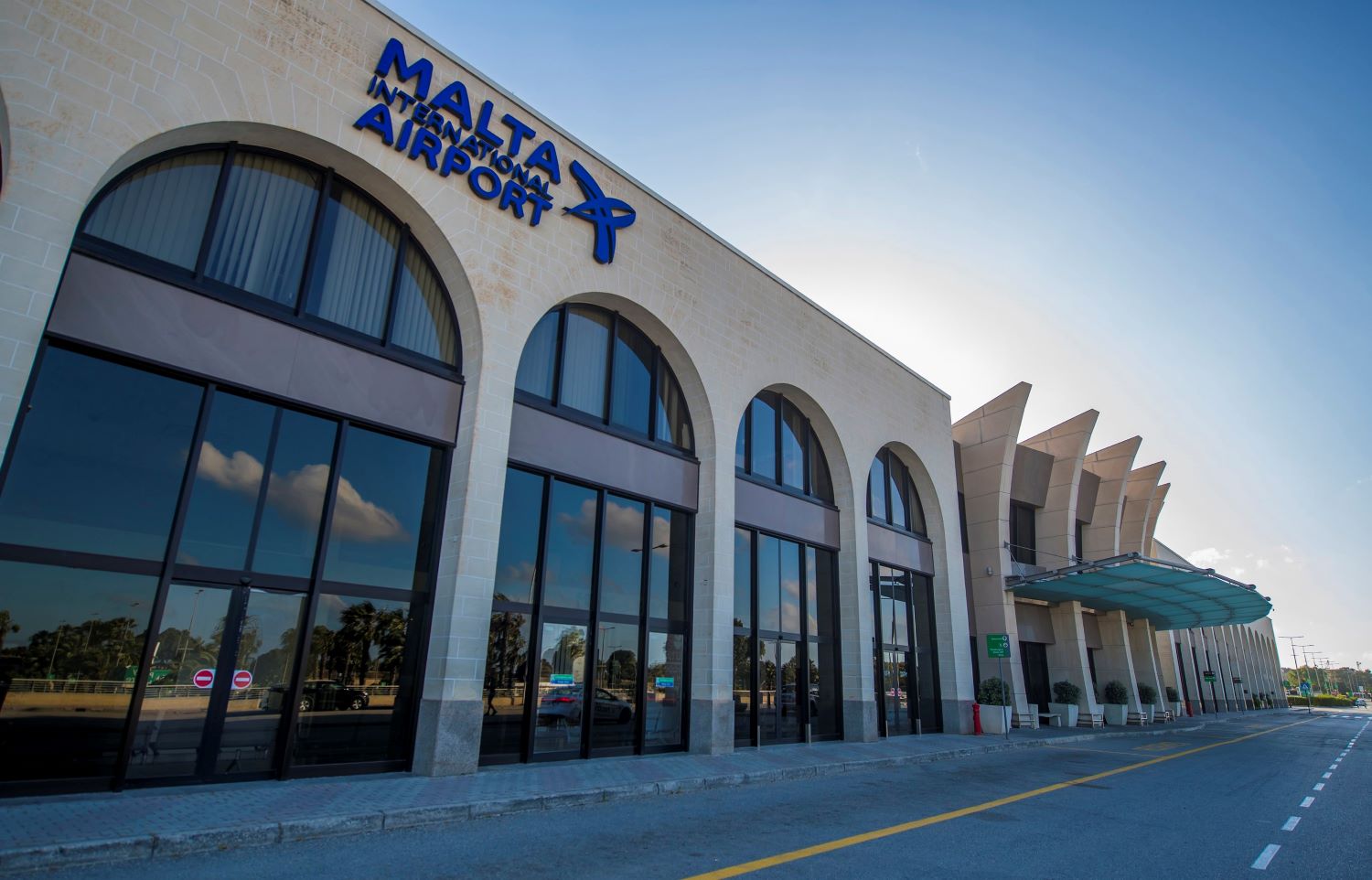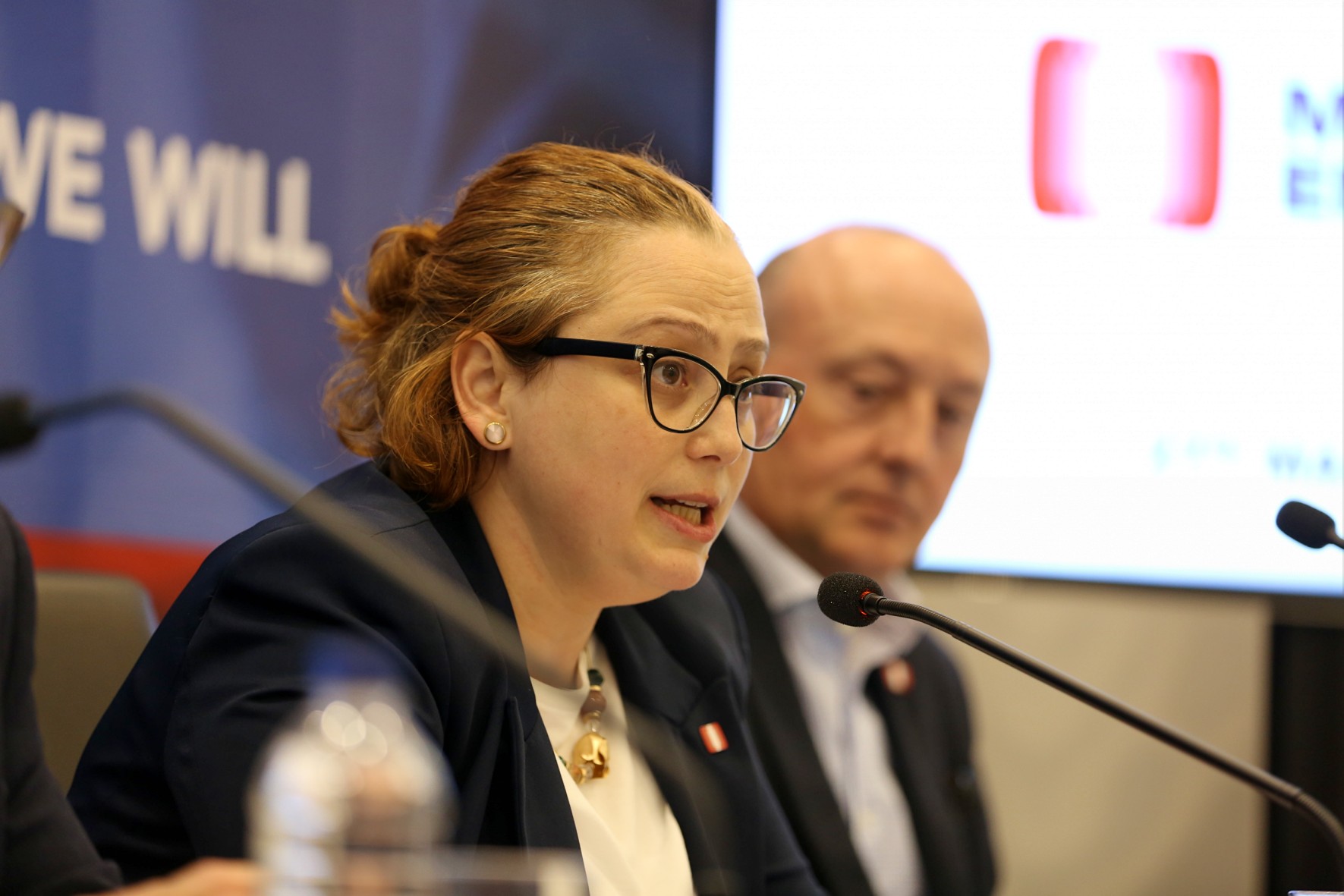Malta is set to ban travel to six southern African nations following the discovery of a new, highly-infectious COVID-19 variant in the region.
On Thursday, scientists in South Africa announced they had detected a new COVID-19 variant with a large number of mutations.
As a result, Health Minister Chris Fearne said travel to South Africa, Namibia, Lesotho, Botswana, Eswatini and Zimbabwe will be banned from midnight on Saturday.
In light of the discovery, the UK has banned all travel from South Africa and five other southern African nations as concerns about the new variant grow.
The scientists have also said they believe the new variant could be more contagious than the Delta variant, which had led to spikes all over the world, as well as being more resistant to current vaccines.
At this stage, it is not believed that Malta is at a high risk from the new variant, due to the large distances involved, and the fact that few people travel to the countries in question.
Furthermore, South Africa and Namibia are already on Malta’s red list, meaning travel is allowed as long as passengers are fully vaccinated with recognised vaccines.
Lesotho, Zimbabwe, Eswatini and Botswana are already on the dark red list, which means travel is only allowed with the permission of the Superintendent of Public Health and quarantine is mandatory.
Meanwhile, the European Union has warned member countries that they risk undermining the COVID-19 travel and access certificate system with new restrictions that some countries are putting in place to try to tackle a surge in cases.
Many countries have begun tightening rules on people who are not vaccinated to try to encourage them to get shots to better halt the spread of the virus. Austria even plans to make vaccines obligatory from next February.
Earlier this month, Italy announced plans to introduce a ‘Super Green Pass‘, which will require people to prove they are vaccinated or have recovered from the virus to be able to enter cinemas, theatres, gyms, nightclubs, ski lifts and stadiums, as well as to be served indoors at bars and restaurants.
EU Justice Commissioner Didier Reynders said: “There is an obvious risk that differing approaches between countries could endanger confidence in the COVID certificate system, and harm free movement in the Union.”
According to WHO figures, infections jumped 11 per cent in Europe in the last week, the only region in the world where COVID-19 continues to rise. The WHO’s Europe director, Dr Hans Kluge, warned that without urgent measures, the continent could see another 700,000 deaths by the spring.
“Holders of the EU certificate should, in principle, not be subject to additional restrictions, wherever they come from in the European Union. Restrictions such as additional tests or quarantine, for instance,” Reynders, added.
Meanwhile, the European Commission has recommended that a COVID safe-country list with around 20 countries outside Europe currently on it should be dropped from next March, and that all travellers vaccinated with World Health Organization (WHO)-endorsed shots be allowed in.
In Malta, Health Minister, Chris Fearne insisted earlier this week that there are currently no plans to introduce further COVID restrictions, despite rising cases.
He stated that while COVID case numbers are increasing, the number of patients in hospital and ITU with the virus is stable, and as such the Government is “not seeing the need to introduce more restrictions.”
The Malta Chamber elects William Spiteri Bailey as its 73rd President
He emphasises a vision for a resilient, innovative, and inclusive economy
Malta records highest immigration rate in the EU for 2023, as bloc sees overall decline in newcomers
These statistics come as the EU registered a drop in overall immigration in 2023
Malta Employers 60th AGM sheds light on future direction and reinforces commitment to good governance
A major focal point of the AGM was the importance of good governance in the country’s economic and regulatory landscape






